TEACHERSMeet a few of our regular & visiting Dharma teachers!
Over the years, Gomde UK has been honoured to host a diverse and inspiring group of teachers from across the Tibetan Buddhist tradition. From senior monastics and lineage holders to experienced Western practitioners, each has contributed to the rich tapestry of Dharma shared here. Below is an introduction to some of the teachers who have helped guide and support our community through teachings, retreats, and practice.
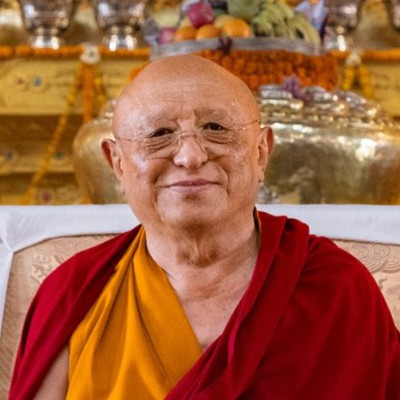
Chökyi Nyima Rinpoche
ཆོས་ཀྱི་ཉི་མ་རིན་པོ་ཆེ།
Chökyi Nyima Rinpoche holds both Kagyu and Nyingma terma-lineages. The short terma-lineage comes through his great-great-grandfather, the great tertön Chokgyur Lingpa. Tulku Chökyi Nyima Rinpoche was recognised by the 16th Karmapa and, following his advice, Chökyi Nyima Rinpoche assisted his father Tulku Urgyen Rinpoche in the creation of Ka-Nying Shedrub Ling monastery, becoming the abbot when he was 25 years old. More than 40 years later, Rinpoche oversees the spiritual welfare of over 500 monks and nuns in the monastery, Parping Retreat Centre and Nagi Gompa Nunnery.Read More
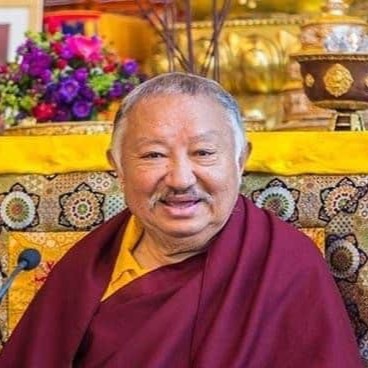
Chokling Rinpoche
མཆོག་གླིང་རིན་པོ་ཆེ།
Tsikey Chokling Rinpoche was born in 1953 as Tulku Urgyen Rinpoche’s second son. He was recognised as an incarnation of Chokgyur Lingpa by the Sixteenth Karmapa. Together with his older brother, Chökyi Nyima Rinpoche, he was educated at Rumtek Monastery, Sikkim, the seat of the Karmapa in exile. In 1975, both lamas joined their father, Tulku Urgyen in Kathmandu, Nepal and established the Ka-Nying Shedrub Ling Monastery.
He was a tertön and lay practitioner with a wife and four children. His oldest son has been recognized by His Holiness the Dalai Lama as the seventh Phakchok Rinpoche, of the Taklung Kagyü lineage. The youngest son is the reincarnation of Dilgo Khyentse Rinpoche, Khyentse Yangsi Rinpoche.
Chokling Rinpoche passed away in December 2020, but his infinite presence continue to influence us.
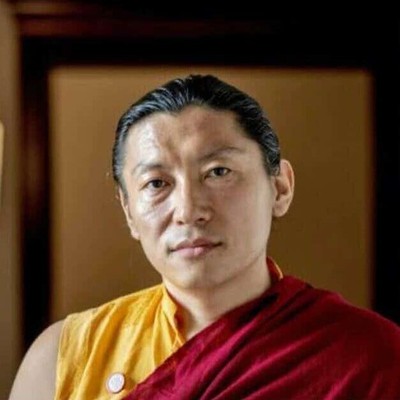
Phakchok Rinpoche
འཕགས་མཆོག་རིན་པོ་ཆེ།
Born in 1981 to Chokling Rinpoche and his wife Dechen Paldron, Phakchok Rinpoche is the grandson of Tulku Urgyen Rinpoche and the eldest brother of the Yangsi Dilgo Khyentse Rinpoche. Recognized by the Kagyü regents and ordained by His Holiness the Dalai Lama, he has studied with a number of great lamas, including Khyentse Rinpoche, Dudjom Rinpoche, Tulku Urgyen Rinpoche, Penor Rinpoche, Trulshik Rinpoche and Nyoshul Khen Rinpoche. An enthusiastic and vibrant young lama, his teachings are direct, accessible, and always fresh, opening up our minds in a playful and inspiring way.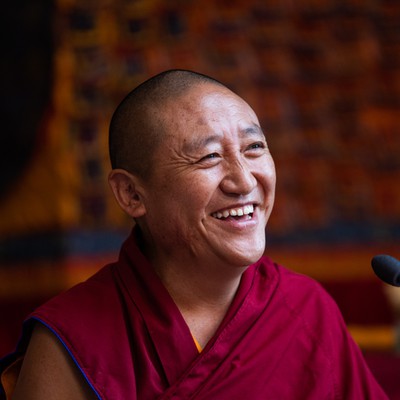
Lama Öser
Lama Öser is one of our very senior monks at Ka-Nying Shedrub Ling. He has studied under many great masters and for a number of years was the personal assistant of the great Dzogchen master Tulku Urgyen Rinpoche. We are therefore very fortunate that Lama Öser resides here for several months of the year, leading retreats and giving teachings. Lama Öser also supports us with all aspects of our practice and is available, when in residence, to support those who undertake retreat at Gomde UK.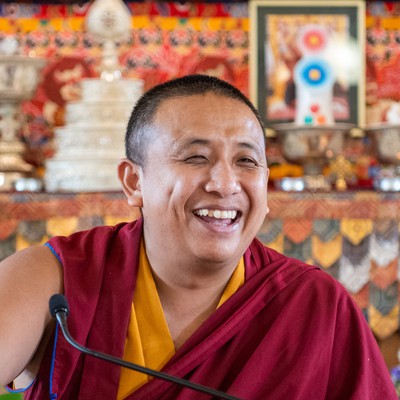
Khenpo Pema Namgyal
Renowned scholar of Buddhist philosophy and meditation, Khenpo Pema Namgyal offers profound insights into the Nyingma tradition’s teachings.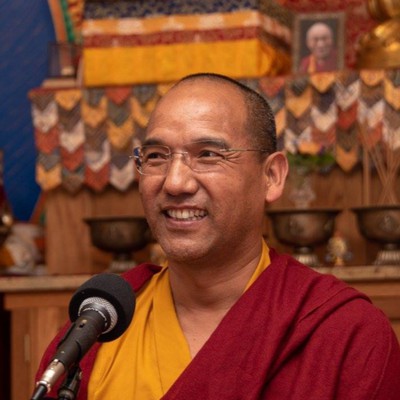
Lama Tenzin
Lama Tenzin Sangpo received ordination and a traditional monastic education at Ka-Nying Shedrub Ling and is one of the most knowledgeable and respected lamas at the monastery. Lama Tenzin Sangpo is thoroughly versed in the various Buddhist philosophical systems and is a highly skilled meditation practitioner. Presently, Lama Tenzin Sangpo serves as the resident Lama of Gomde Germany-Austria and travels to teach at many Gomde centres around the world.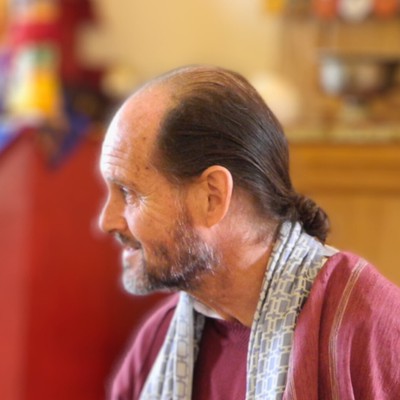
Erik Pema Kunsang
In his teenage years, a profound curiosity for knowledge awakened in Erik and led him to the teachings of the Buddha and Padmasambhava. He had the immense fortune to learn the wisdom tradition from many living Buddhist masters. His main teachers are the great Dzogchen master Tulku Urgyen Rinpoche and his son Chökyi Nyima Rinpoche. In 2010, Chökyi Nyima Rinpoche appointed him with the task of teaching the Dharma. During meditation retreats, he emphasises the discovery of a simple and natural presence to help people to know their mind and the freedom it brings.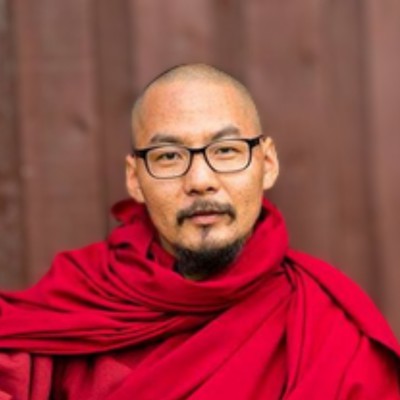
Khenpo Tokpa Tulku
Khenpo Tokpa Tulku is a brilliant young Khenpo from Ka-Nying Shedrub Ling Monastery.Khenpo is the highest academic qualification within our monastic tradition. Khenpo Tokpa Tulku speaks excellent English and is a brilliant teacher with a rare gift for teaching Westerners, making some of the more complex topics easily accessible.

